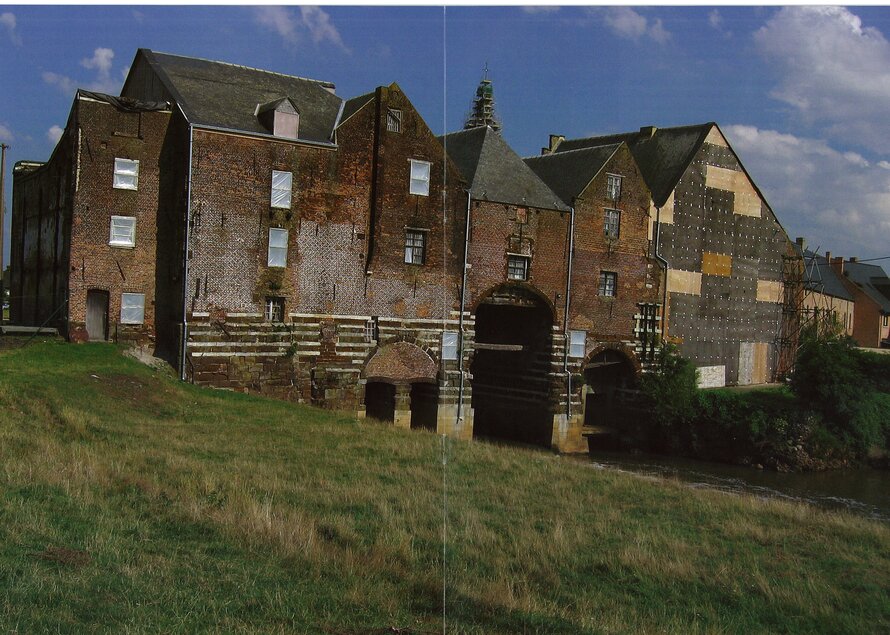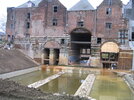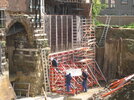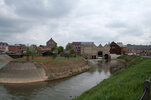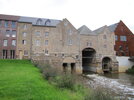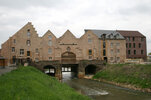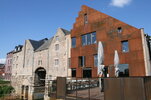'S Hertogenmolens - a unique Flemish Water Mill, Aarschot
's Hertogenmolens (literally "the Duke.s Mills") in Aarschot, a town near Louvain and Brussels, is an unique Flemish water mill. It was built in 1505 by Willem of Croy, Lord of Aarschot and one of the most powerful noblemen in the Burgundian Empire. This daring building with ...
Read more
Project details
| Title: | 'S Hertogenmolens - a unique Flemish Water Mill, Aarschot |
|---|---|
| Entr. year: | 2011 |
| Result: | Award |
| Country: | Belgium |
| Town: | Aarschot |
| Category type: | building conservation |
| Building type/ Project type: | industrial heritage |
| Former use: | Mill (economic, hydrographic and military function) |
| Actual use: | Brasserie-hotel |
| Built: | early 16th century |
| Architect / Proj.leader: | City of Aarschot |
| The Jury's citation: | “The intense collaboration between the City of Aarschot, the Flemish Community and private investors has proven that a monument of great importance for a municipality can be saved, even though it is in a state of extreme disrepair. The excellent historical study, which formed the basis of the project, inspired a respectful approach by the architects enabling them to build contemporary in-fills and additions as sensitively as the restorations. Deserving exceptional merit, the regeneration of this water mill complex, both materially and in function, has revived its economic and social vocation creating a natural continuity with its past industrial and defensive functions.” |
| GPS: | 50°59'9,6"N; 4°49'44,4"E |
| Web, Links: | www.lodge-hotels.be/lodge/engels/aarschotindex.jsp |
Description:
's Hertogenmolens (literally "the Duke.s Mills") in Aarschot, a town near Louvain and Brussels, is an unique Flemish water mill. It was built in 1505 by Willem of Croy, Lord of Aarschot and one of the most powerful noblemen in the Burgundian Empire. This daring building with stepped gables and regular gables, roofed with natural slate saddle roofs, is unique in Western Europe, unique because it spans the artificial branch of the Demer river completely and includes its own lock structure. After eight years of intense preparation, the city of Aarschot, in co-operation with private partners and the government have succeeded in letting one of the most important industrial monument of Flanders shine again in all its glory from 12 June onwards. It is the exceptional merit of the restoration project that the building can again be used whith an important added economic value (viz. brasserie-hotel), and in a way that is not only useful, but primarily respects the cultural and historical value of the monument. The restoration of 's Hertogenmolens can also pride itself on saving this neglected top monument from decline and laying the groundworks for a dynamic development and opening up of the enitire northern side of the city Aarschot. It had also been a driving force behind several projects that are of vital importance to the city.
Similar projects
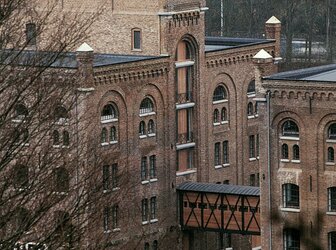
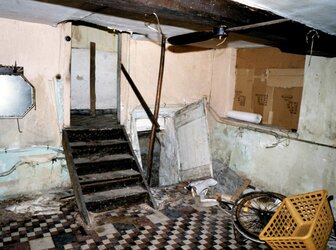
16th-17th century
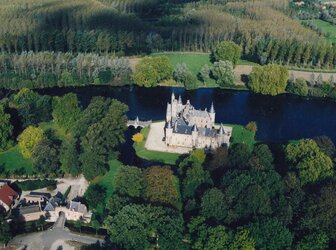
19th century
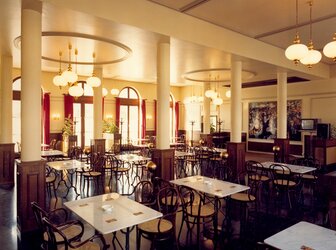
19th century
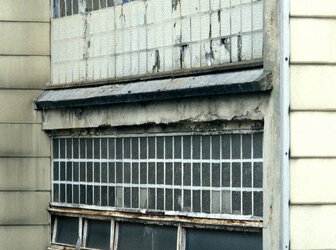
1930s
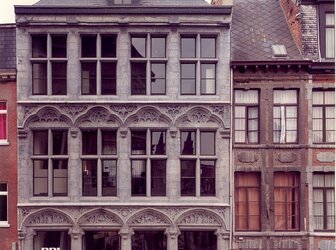
16th century
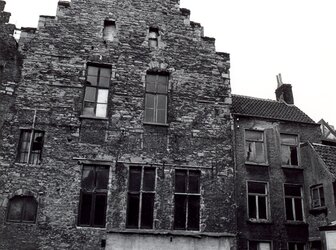
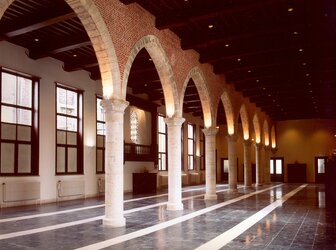
13th century
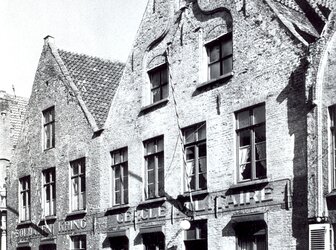
16th-17th century
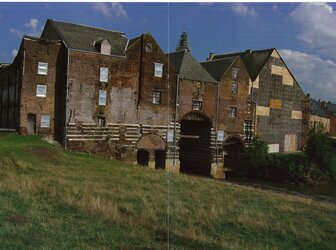
early 16th century
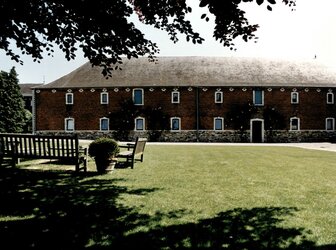
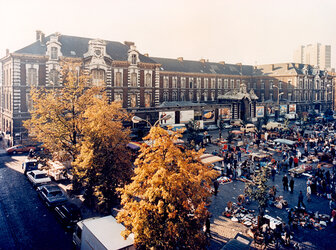
19th century
